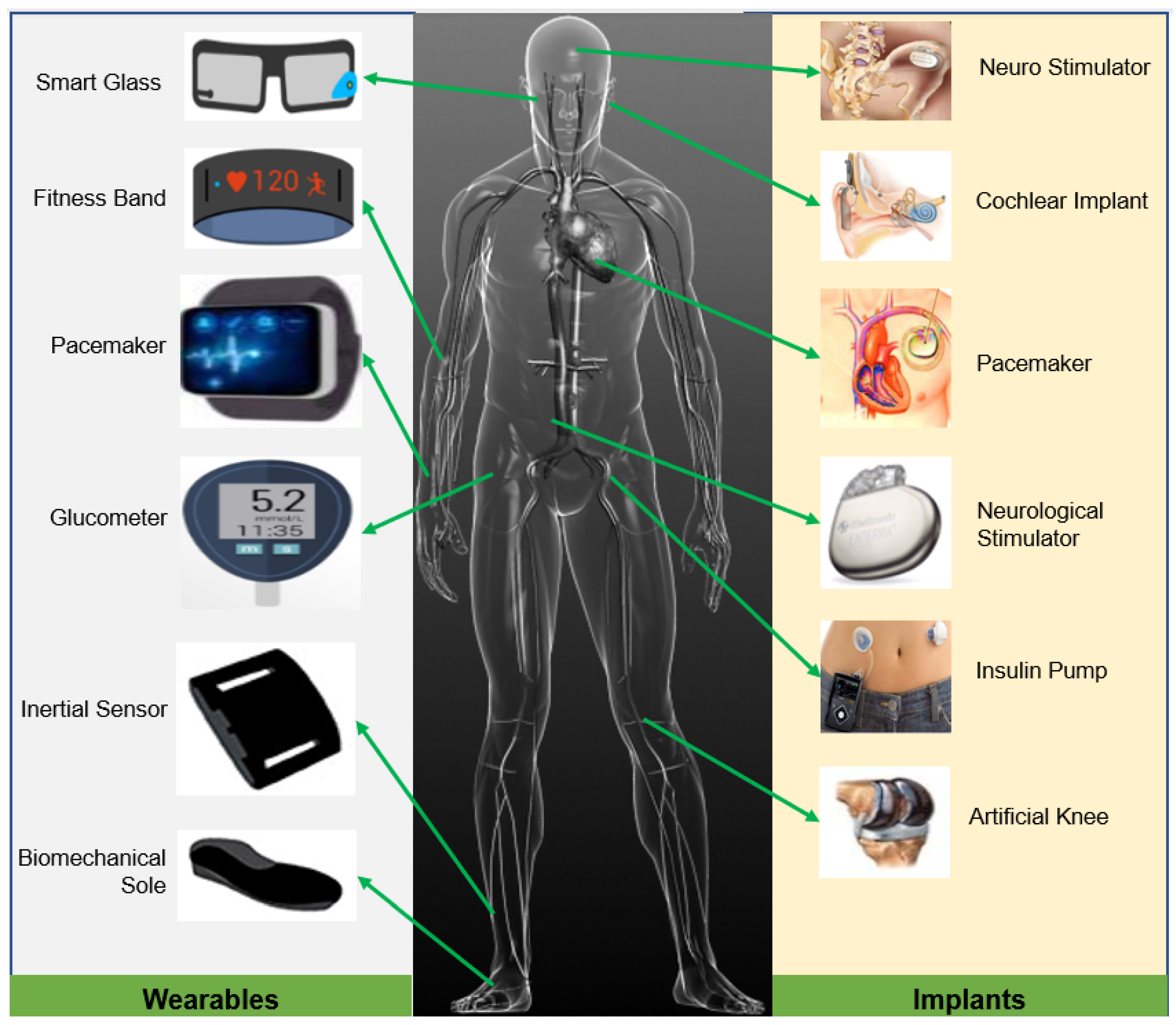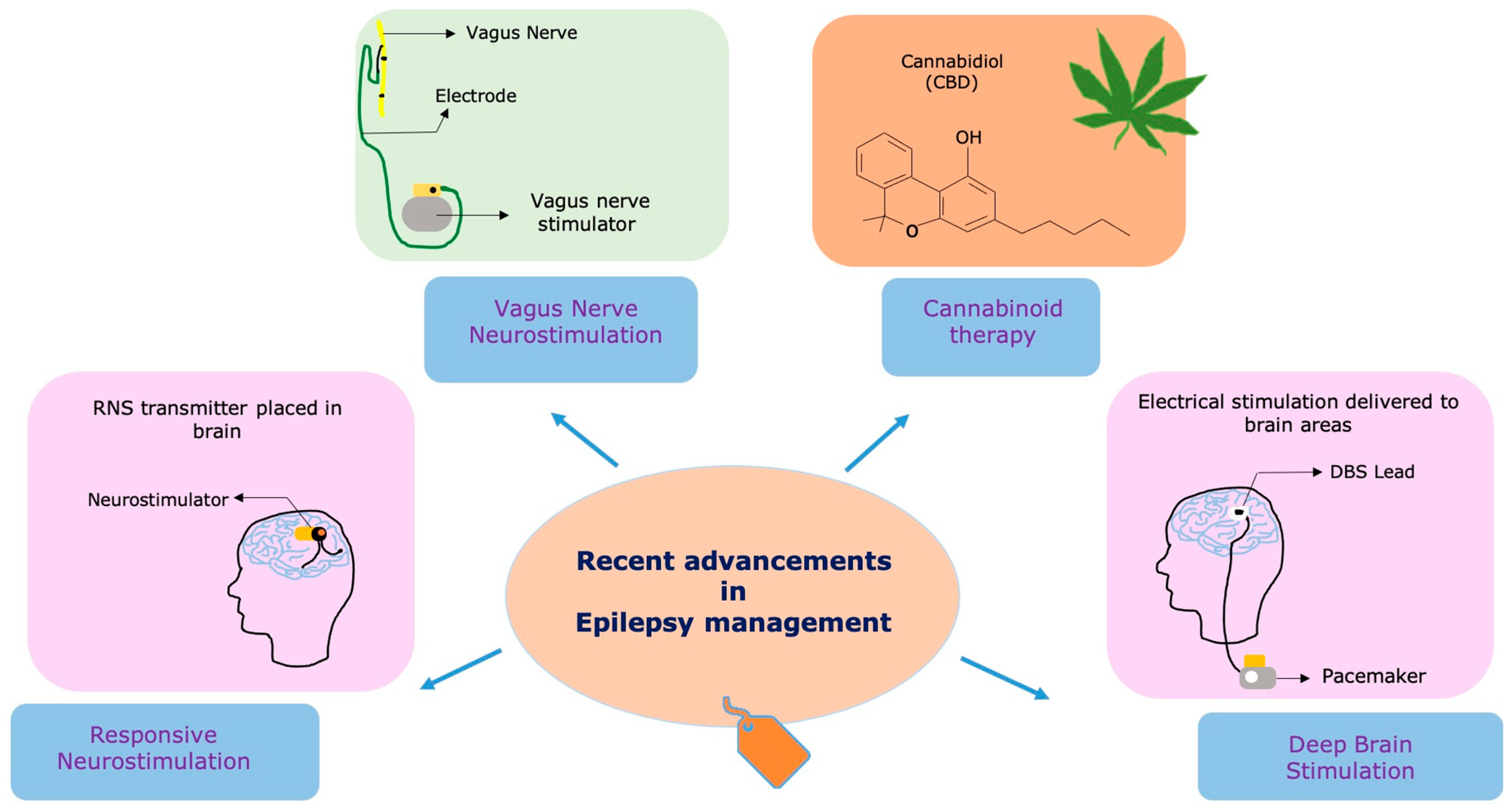Sleep apnea is a common yet potentially serious sleep disorder in which breathing repeatedly stops and starts. It’s often undiagnosed because it can only be detected during sleep. However, advancements in technology, particularly the use of artificial intelligence (AI) and other innovations, have led to more effective and convenient methods for detecting this condition.
AI in Sleep Apnea Detection
Artificial intelligence has revolutionized the field of sleep medicine by enabling the development of advanced diagnostic tools. AI algorithms can analyze large amounts of data from various sources, such as sleep studies, wearable devices, and medical records, to identify patterns and predict the likelihood of sleep apnea.
Benefits Of Ai
The use of AI in sleep apnea detection offers several benefits:
- Increased accuracy: AI algorithms can detect subtle patterns that may go unnoticed by human observers, resulting in more accurate diagnosis.
- Personalized treatment: By analyzing individual data, AI can provide personalized treatment plans tailored to the specific needs of each patient.
- Remote monitoring: Wearable devices equipped with AI technology can provide continuous monitoring of sleep patterns, allowing for remote detection and management of sleep apnea.
Innovative Devices
Aside from AI, various innovative devices have emerged to improve the detection and monitoring of sleep apnea:
| Device | Function |
|---|---|
| Smart CPAP machines | Continuous Positive Airway Pressure (CPAP) machines equipped with advanced sensors and connectivity features for better monitoring and adherence. |
| Portable sleep monitors | Compact devices that can be used at home to collect sleep data, allowing for convenient and cost-effective diagnosis. |
| Non-contact sensors | Devices that use radar and other non-contact technologies to monitor breathing and sleep patterns without requiring direct physical contact. |

Credit: www.mdpi.com

Credit: www.mdpi.com
Telemedicine and Remote Consultations
Another significant advancement in the detection of sleep apnea is the widespread adoption of telemedicine and remote consultations. Patients can now undergo sleep studies and consultations from the comfort of their homes, eliminating the need for physical visits to sleep clinics and hospitals.
Advantages Of Telemedicine
Telemedicine offers several advantages for detecting sleep apnea:
- Convenience: Patients can receive diagnosis and treatment recommendations without the need for travel or disruptions to their daily schedules.
- Accessibility: Individuals in remote or underserved areas can access specialized sleep medicine services through telemedicine.
- Cost-effectiveness: Remote consultations and monitoring can reduce healthcare costs for patients and healthcare providers alike.
Enhanced Patient Experience
Overall, the integration of AI, innovative devices, and telemedicine in sleep apnea detection has significantly enhanced the patient experience. Early detection and personalized treatment plans contribute to improved outcomes and better overall health for individuals with sleep apnea.
Future Outlook
As technology continues to evolve, we can expect further advancements in the field of sleep apnea detection, including the development of more sophisticated AI algorithms, wearable devices with enhanced capabilities, and expanded access to telemedicine services.
With these ongoing innovations, the future looks promising for the early detection and management of sleep apnea, ultimately leading to better sleep quality and overall well-being for individuals affected by this condition.
Frequently Asked Questions On Utilizing Cutting-edge Ai And Innovations To Detect Sleep Apnea: Researchers Unveil Latest Breakthroughs
How Does Ai Help Detect Sleep Apnea?
AI algorithms analyze sleep data and patterns to identify breathing disturbances, making it easier to detect sleep apnea accurately.
Can Ai Accurately Diagnose Sleep Apnea?
Yes, AI systems have been developed with high accuracy rates in diagnosing sleep apnea by analyzing various sleep-related data.
What Innovations Are Being Used To Detect Sleep Apnea?
Advanced technologies like AI, machine learning, and wearable devices are being deployed to detect and monitor sleep apnea more effectively.
Can Wearable Devices Detect Sleep Apnea?
Yes, wearable devices equipped with sensors can monitor sleep patterns, breathing, and other factors, providing valuable data for sleep apnea detection.
Leave a Reply